Dentists Skills in Oral Cancer Detection

Oral Cancer Screening Process

Importance of Detecting Early
Early detection of oral cancer is crucial for improving treatment outcomes and survival rates. Healthcare providers utilize oral cancer screenings to identify signs of cancer before symptoms appear. These screenings are an essential tool in the timely diagnosis and management of oral cancer, enabling patients to receive the necessary care much earlier. According to studies, regular screenings can significantly improve the prognosis of individuals diagnosed with oral cancer.
Studies have shown that early detection results in more effective treatment plans. For instance, patients diagnosed at earlier stages have a higher survival rate compared to those diagnosed in more advanced stages.
Stage of Detection5-Year Survival Rate (%)Localized (early stage)83%Regional (invasive)66%Distant (advanced)36%
Methods Used for Screening
Dentists commonly incorporate oral cancer screenings as part of routine examinations. While a variety of healthcare providers can perform these screenings, it is essential to understand that these assessments do not diagnose cancer but rather look for signs or abnormalities that might suggest cancerous changes (Cleveland Clinic). If any suspicious findings are noted during a screening, a referral to an oncologist for further testing and diagnosis may be necessary.
During an oral cancer screening, dentists check for several indicators, such as:
Additionally, X-rays may be conducted to identify changes in the teeth that could indicate underlying issues related to oral cancer. If any abnormalities are detected, a biopsy may be recommended, and additional tests can help provide a definitive diagnosis.
It is important for patients to be proactive about their oral health. Regular visits to the dentist not only help in maintaining dental health but also increase the chances of early detection of conditions like oral cancer. For more information on maintaining good dental health, check out topics related to how to choose a cosmetic dentist near me? or why you should see a dentist regularly?.
Dentist's Role in Oral Cancer Detection
Dentists play a crucial role in the early detection of oral cancer through routine screenings and specialized tools. Their expertise helps identify potential signs of this disease, which can lead to timely referrals for further testing and potential treatment.
Regular Screening Check-ups
Dentists commonly include oral cancer screenings as part of routine dental exams. These quick screenings typically last under five minutes and can be performed in conjunction with regular check-ups. While these screenings do not diagnose cancer, they are vital in looking for signs of abnormalities that may suggest cancerous changes (Cleveland Clinic).
During a routine screening, dentists assess the mouth for various indicators of oral cancer. They check for visible signs such as unusual lesions, sores, or discolored areas. In addition, they evaluate for other physical symptoms like pain, swelling, tenderness, numbness, or changes in the bite. If any suspicious findings arise, the dentist will refer the patient to an oncologist for further testing and diagnosis.
Screening ActivityDurationVisual ExamUnder 5 minutesPalpationUnder 5 minutesFollow-up Referral (if needed)Varies
Utilization of Special Tools
To improve the effectiveness of oral cancer screenings, dentists utilize a combination of special tools and techniques. This may include visual exams, palpation of the soft tissues, and advanced diagnostic tools like oral screening dyes and lights (Cleveland Clinic).
Using these tools, dentists can gain a clearer view of potential problem areas that may not be visible to the naked eye. They look for changes in the dentition and surrounding tissues, assessing any abnormalities that could indicate oral cancer. X-rays may also be employed to identify changes in teeth that could suggest underlying issues.
With their training, dentists are equipped to recognize the early signs of oral cancer, making their role essential in the broader context of patient health. Regular screenings combined with the utilization of specialized tools contribute significantly to the early detection of oral cancer, improving potential outcomes for affected patients.
Key Signs and Symptoms of Oral Cancer
Recognizing the signs and symptoms of oral cancer early can significantly enhance treatment outcomes. Dental professionals play a crucial role in identifying these indicators during regular check-ups.
Visible Indicators
Dentists often look for several visible signs during an oral examination that may signal the presence of oral cancer:
For a more comprehensive understanding of what dentists look for during screenings, see this resource.
Physical Changes in the Mouth
In addition to visible signs, dentists assess physical changes in the mouth that could indicate oral cancer. Common tests and signs include:
The thorough examination includes feeling the tissues in the mouth for lumps or other abnormalities, as well as inspecting the throat and neck regions for swelling or lumps (Mayo Clinic).
In summary, being aware of the common signs and symptoms of oral cancer enhances the chances of early detection and effective treatment. Regular visits to a dentist can help safeguard against serious health issues. If further information is needed regarding what a dentist does regularly, check out what does a general dentist do?.
Risk Factors Associated with Oral Cancer
Understanding the risk factors for oral cancer can help in its early detection and prevention. By recognizing these factors, individuals can take proactive steps to minimize their risk.
Common Factors
Several factors are commonly associated with an increased risk of developing oral cancer. These include:
Risk FactorDescriptionTobacco UseSmoking and the use of smokeless tobacco significantly raise the likelihood of oral cancer.Alcohol ConsumptionExcessive drinking, particularly of alcohol, can enhance the risk.AgeIndividuals over the age of 40 are at a higher risk.GenderMen are more likely to develop oral cancer than women.HPV InfectionThe human papillomavirus (HPV), particularly strains associated with oral and throat cancers, increases risk.Sun ExposureProlonged exposure to sunlight can lead to cancer of the lips.Weak Immune SystemA compromised immune system may increase susceptibility to various cancers.Poor Diet and Oral HygieneAn unhealthy diet and inadequate oral care can contribute to higher risks.
These factors highlight the importance of monitoring lifestyle choices and seeking regular dental check-ups for early detection.
Impact on Diagnosis and Prognosis
The presence of these risk factors can significantly impact the diagnosis and prognosis of oral cancer. Individuals with multiple risk factors typically face a greater challenge regarding both detection and treatment outcomes.
For example, tobacco users coupled with excessive alcohol consumers may present with symptoms at a later stage of cancer, thereby decreasing the chances of successful treatment. Moreover, factors such as HPV infection have been increasingly linked to oral cancers, affecting the demographics of those diagnosed. Statistics indicate that untreated HPV infection can lead to more aggressive forms of oral cancer, complicating the management of the disease (Mayo Clinic).
Being aware of these risk factors enables both dentists and patients to engage in more targeted screening processes and preventive measures. Regular dental exams play a vital role, as they provide opportunities for oral cancer screening and early intervention, ensuring better outcomes for those affected. For more information on what dentists look for during oral cancer screenings, please visit our resources on are dentists trained to spot oral cancer?.
Dentist's Training in Oral Cancer
The training dentists undergo for oral cancer detection is rigorous and specialized, equipping them with the necessary skills to spot potential issues early.
Educational Background
Before specializing in oral cancer detection, dentists typically complete a general practice residency program, which lasts one year. Following this, they enroll in an oral medicine training program. This advanced training is a minimum of 24 months, with options for obtaining higher degrees such as a Master’s or Ph.D., which can take an additional 3-5 years (American Academy of Oral Medicine).
During their education, they learn about various oral health conditions, including those that may be precancerous or related to cancer. Their curriculum includes the study of systemic health issues as they manifest in the mouth, helping them recognize serious conditions that may require immediate attention.
Expertise in Detection Methods
Dentists trained in oral medicine are adept at diagnosing and treating oral conditions that could progress to cancer. They enhance their diagnostic skills through practical experience and are often part of a collaborative healthcare team consisting of specialists from oncology, dermatology, and otolaryngology to provide comprehensive patient care (American Academy of Oral Medicine).
Furthermore, research in the field, such as that conducted by Dr. Alessandro Villa, highlights the connection between oral health and systemic diseases. For example, studies indicate that over 60% of oropharyngeal cancers show evidence of HPV involvement in tumor development.
The training that dentists receive allows them to be vigilant about changes in a patient's oral health, enabling them to recognize early signs of cancer and facilitate timely referrals or treatments when necessary. This expertise is crucial for maintaining the overall health and well-being of their patients.
For more information on choosing the right dental care, check out our guide on how to choose a cosmetic dentist near me? or signs you should see a dentist immediately.
Advancements in Oral Cancer Detection
Role of Artificial Intelligence
Artificial intelligence (AI) technologies play an increasingly vital role in enhancing the accuracy and efficacy of cancer screening, particularly in the detection of oral cancers. Studies indicate that AI tools can effectively identify oral cancers and are currently being evaluated for use in diagnostic systems, especially in resource-limited settings (PubMed Central).
AI methodologies, particularly deep learning models like deep convolutional neural networks, have shown significant promise. These algorithms can classify patients into high- or low-risk categories, aiding oncologists in devising appropriate treatment strategies. Additionally, they facilitate multiclass classification of cancer, promoting better patient management. However, practitioners must address challenges related to privacy concerns and accountability for errors in AI analyses to ensure broader clinical applications (PubMed Central).
Table 1 below highlights the performance metrics associated with deep learning and supervised machine learning in detecting oral cancer:
Detection MethodAccuracy (%)Sensitivity (%)Specificity (%)AUC (%)Deep Learning81 - 99.779 - 98.7582 - 10079 - 99.5Supervised Machine Learning43.5 - 10094 - 10016 - 10093
The results underscore the superior performance of AI, primarily deep learning, over traditional machine learning methods in the early detection of oral cancer.
Impact on Patient Survival
The introduction of advanced AI technologies in oral cancer detection directly contributes to improved patient survival rates. Accurate and early diagnosis plays a critical role in effective treatment planning, which can lead to better outcomes (American Academy of Oral Medicine). With machine learning algorithms capable of noninvasive detection with remarkable accuracy, the potential to reduce death rates associated with oral cancer becomes significantly more attainable.
Enhanced detection methods, combined with a dentist's ability to recognize the signs and symptoms of this disease, form a comprehensive approach to fighting oral cancer. The ongoing advancements in AI not only promise enhanced diagnostic capabilities but also instill hope for better patient care and improved prognosis for those affected by oral cancer. Potential patients can find reassurance in knowing that innovations in oral cancer detection are paving the way for a healthier future. For more on dentist training related to such issues, consider checking out are dentists trained to spot oral cancer?.
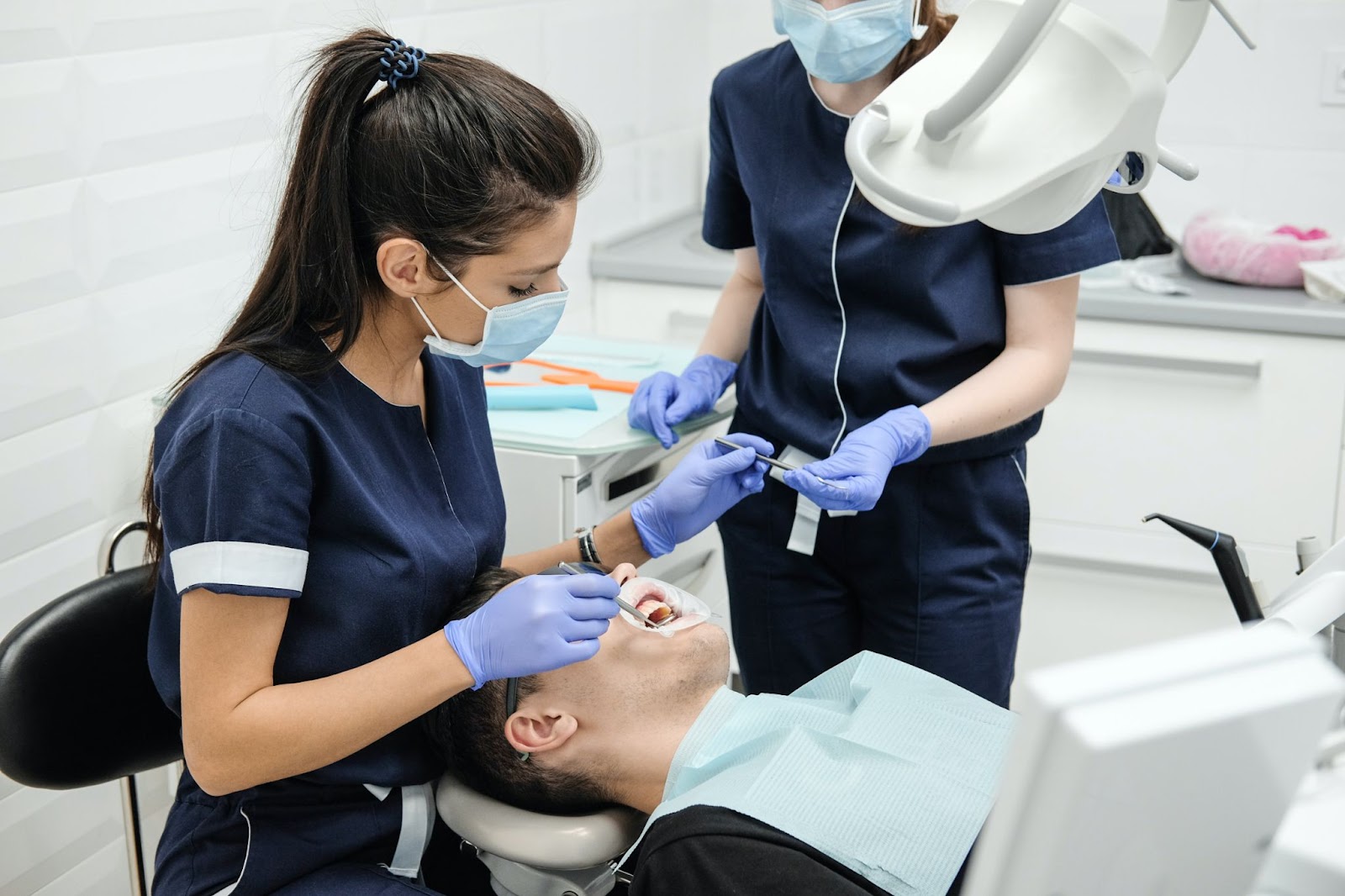




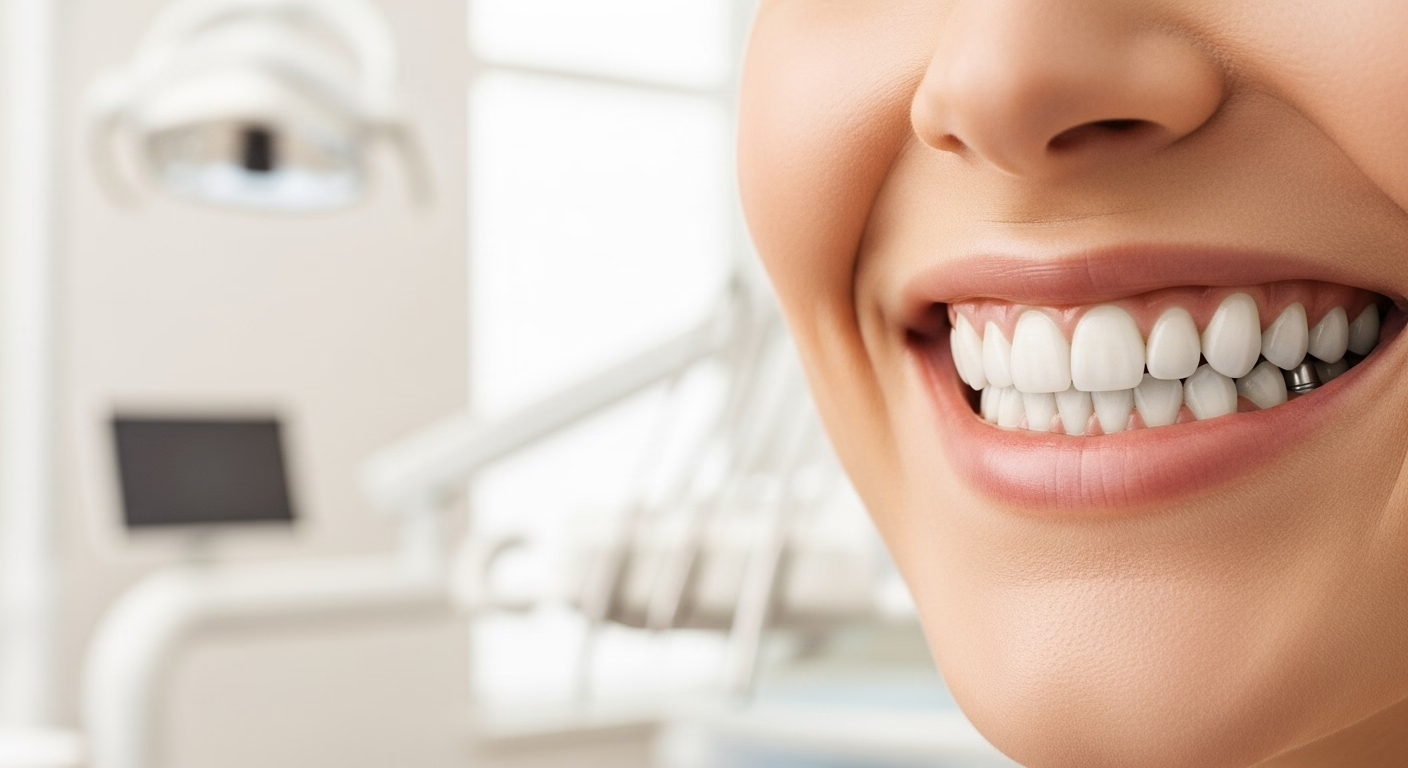
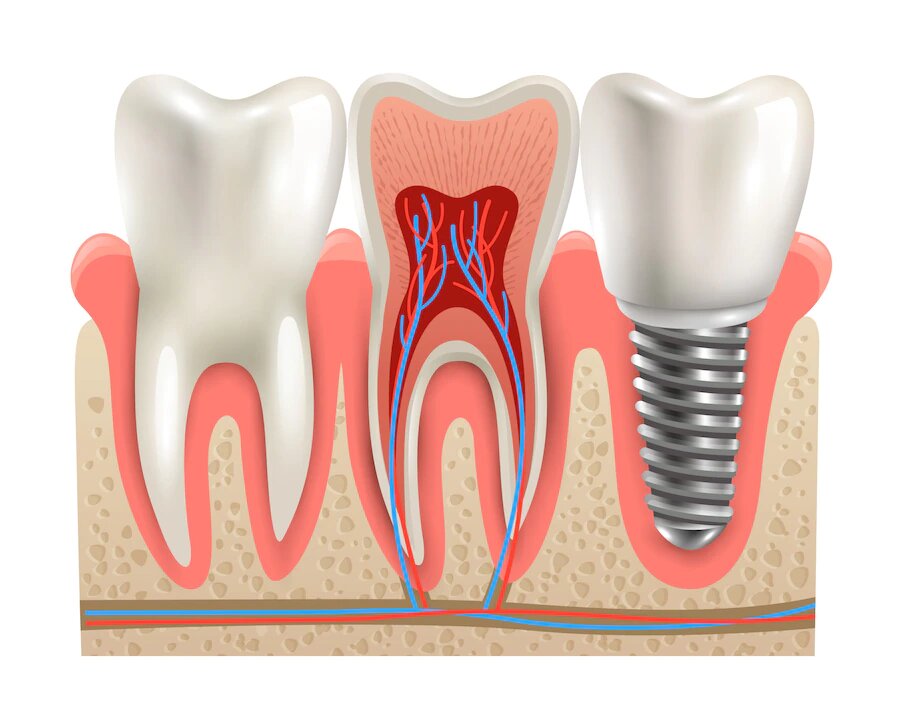
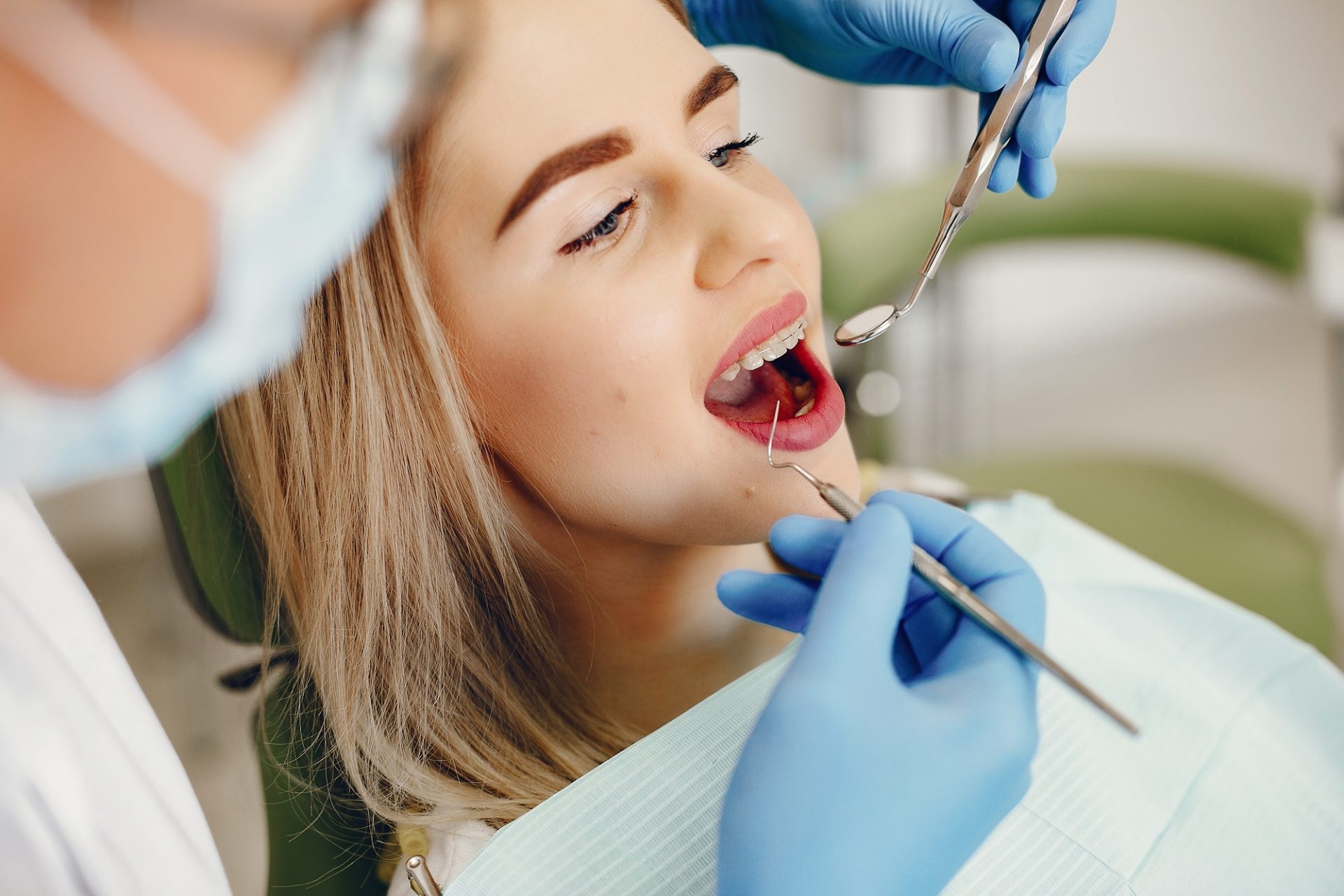



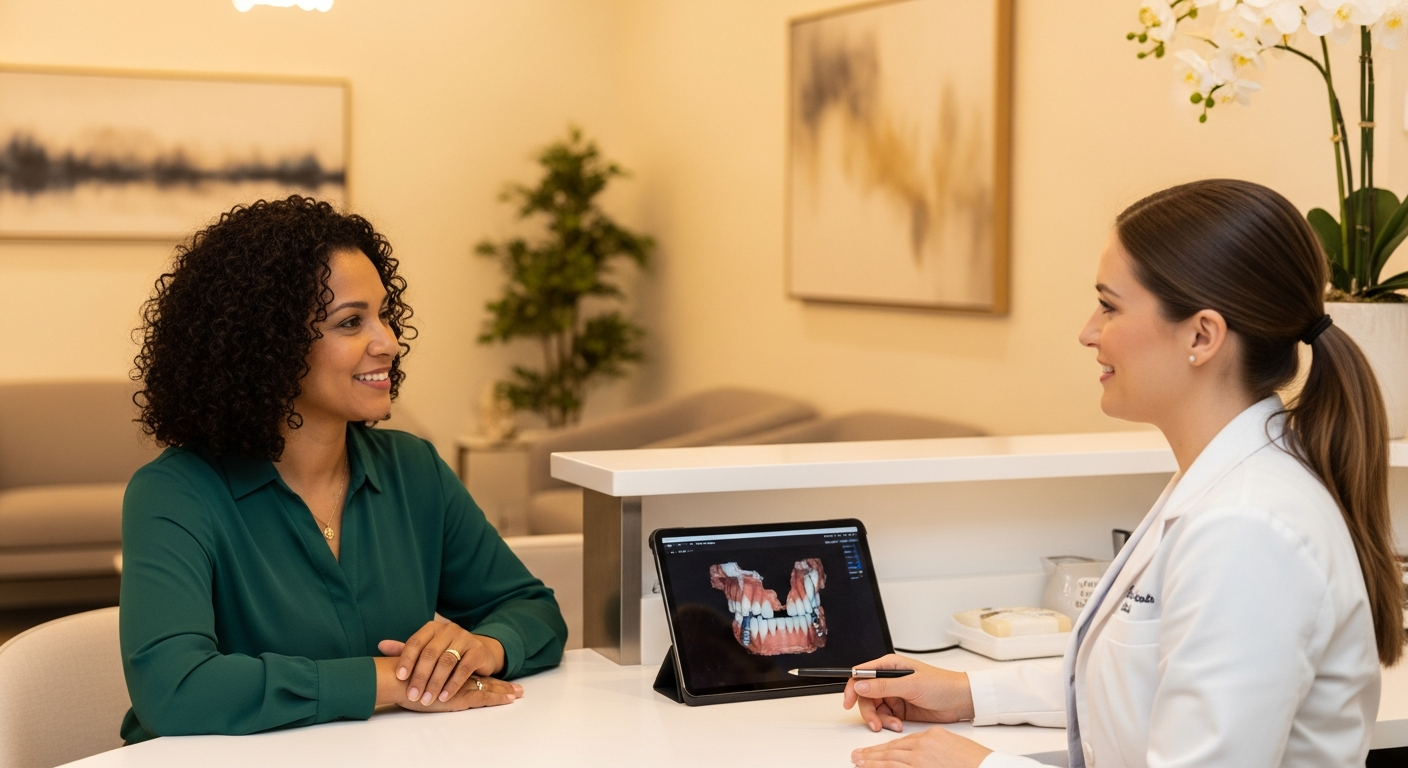



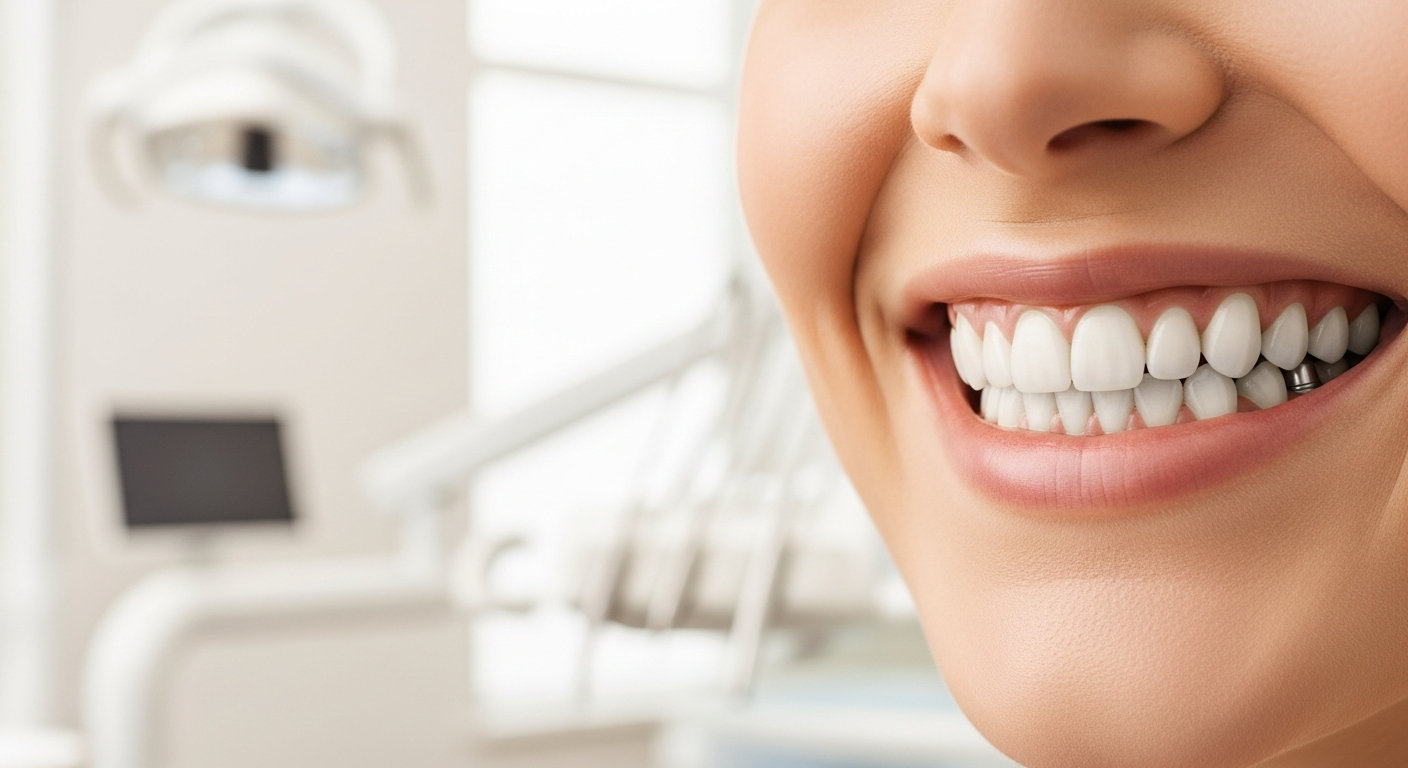

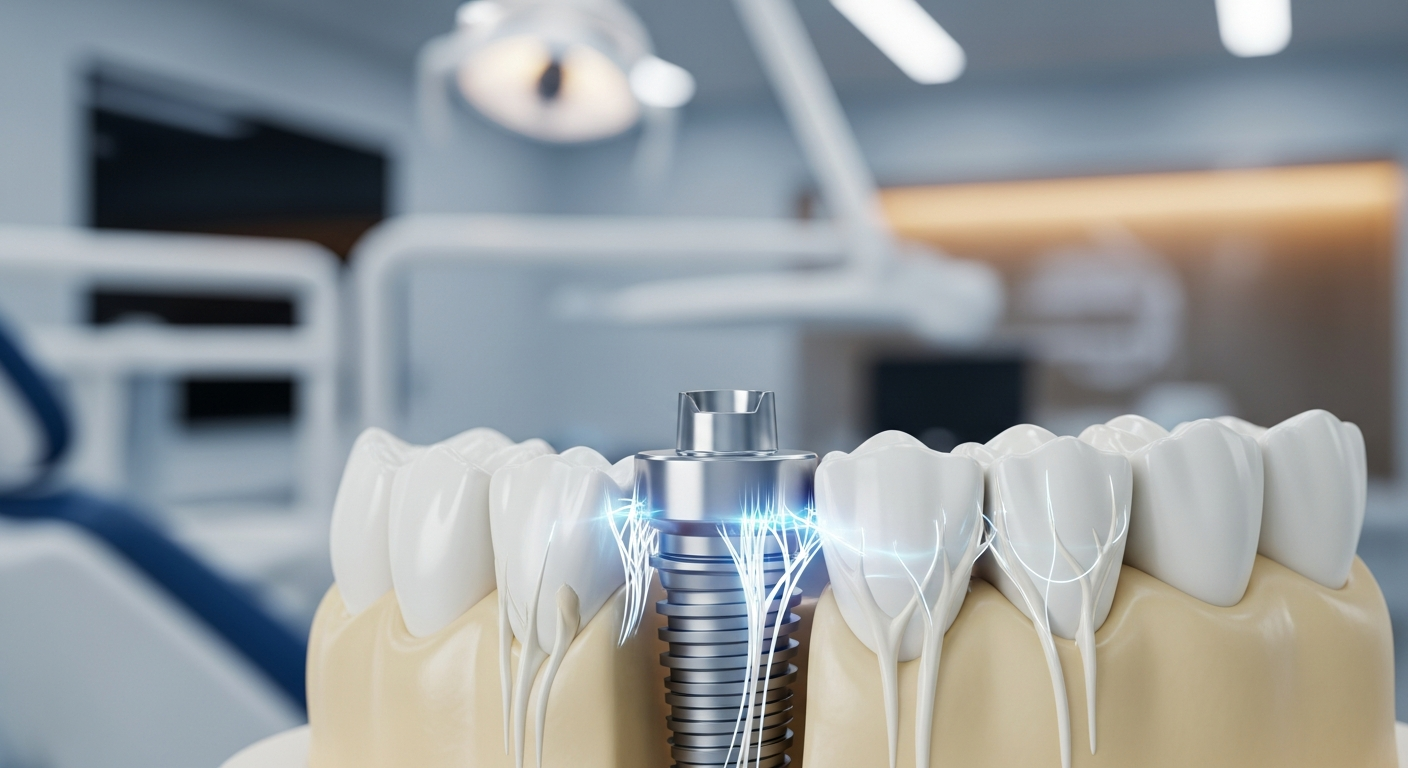
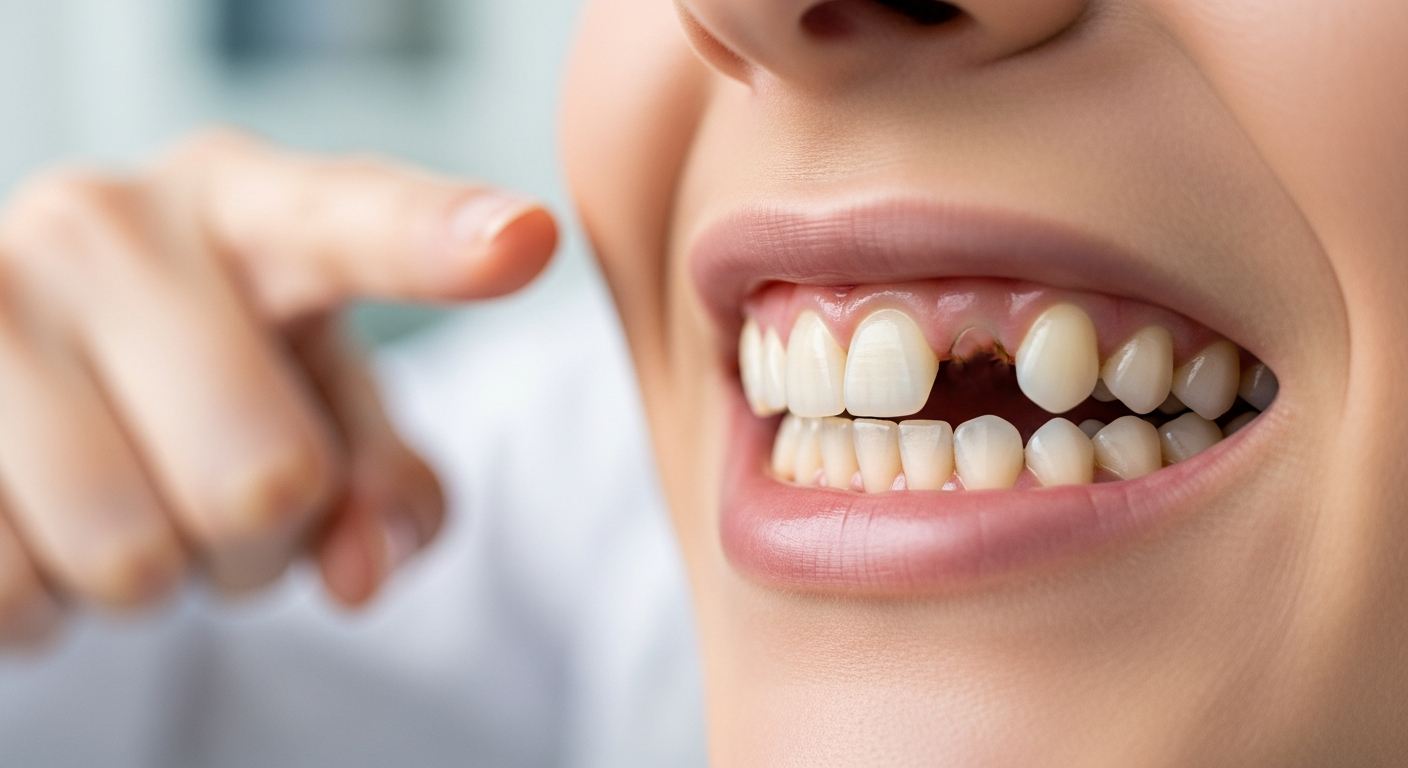




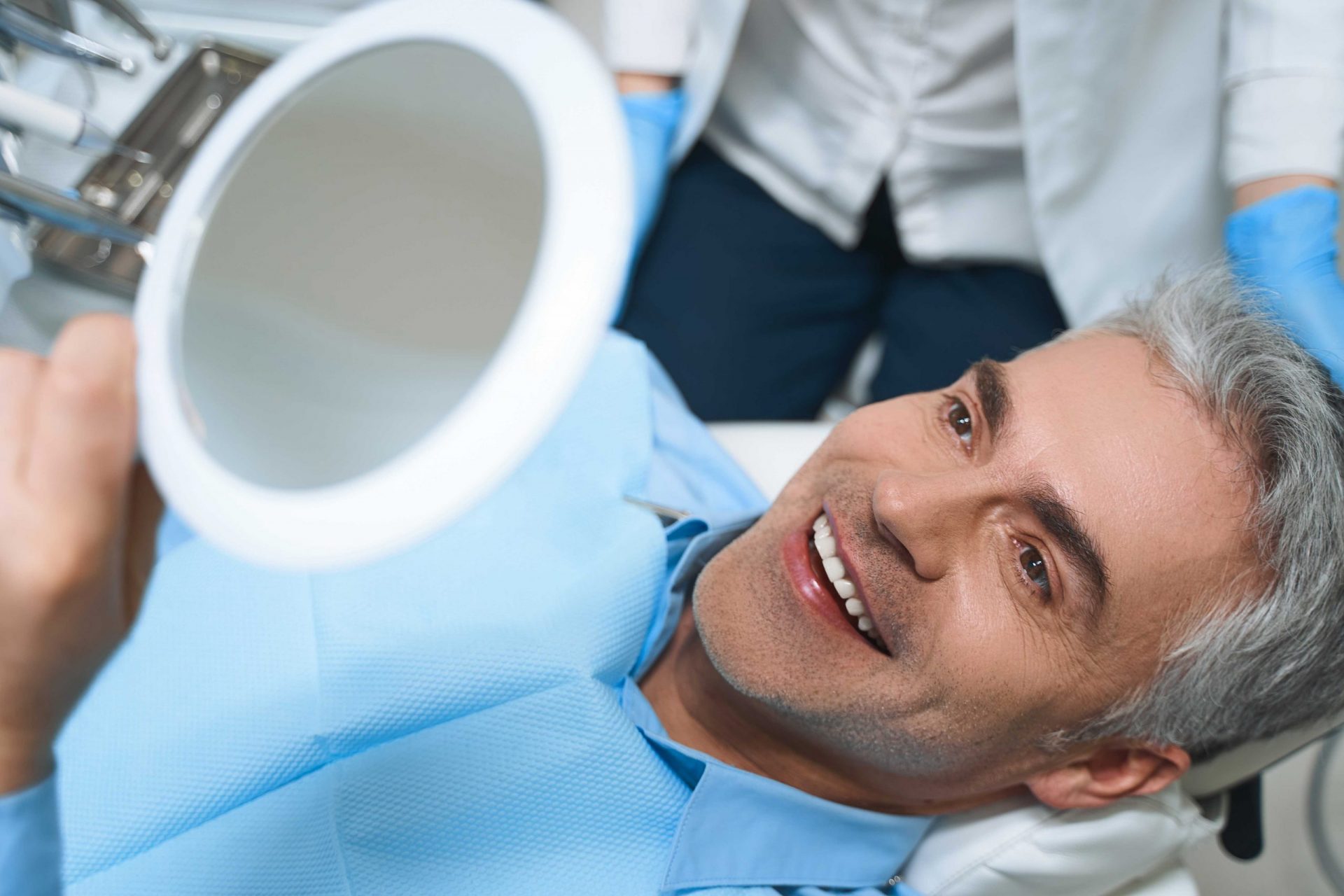
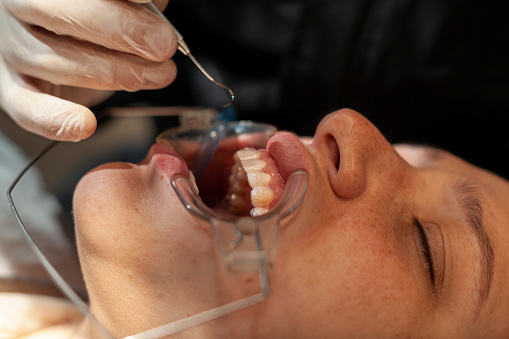

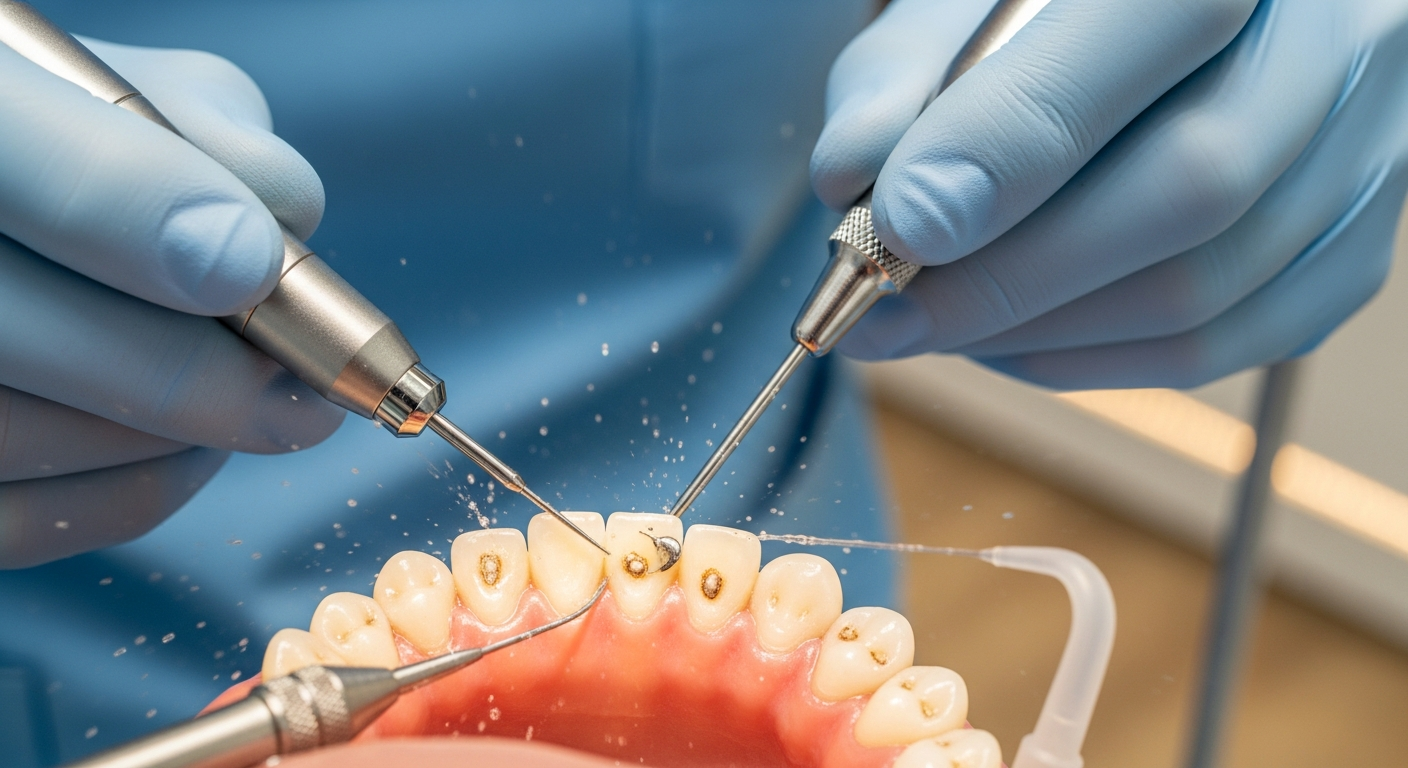

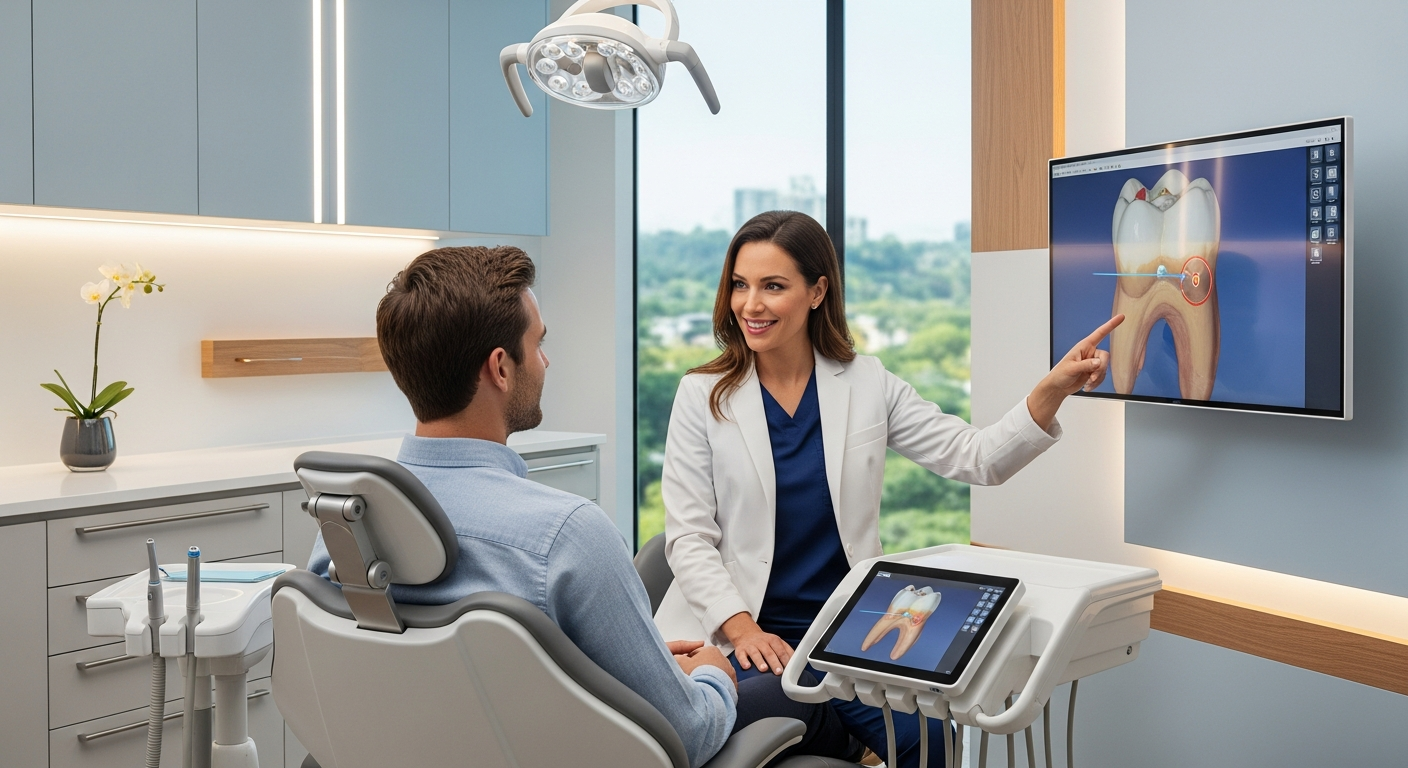
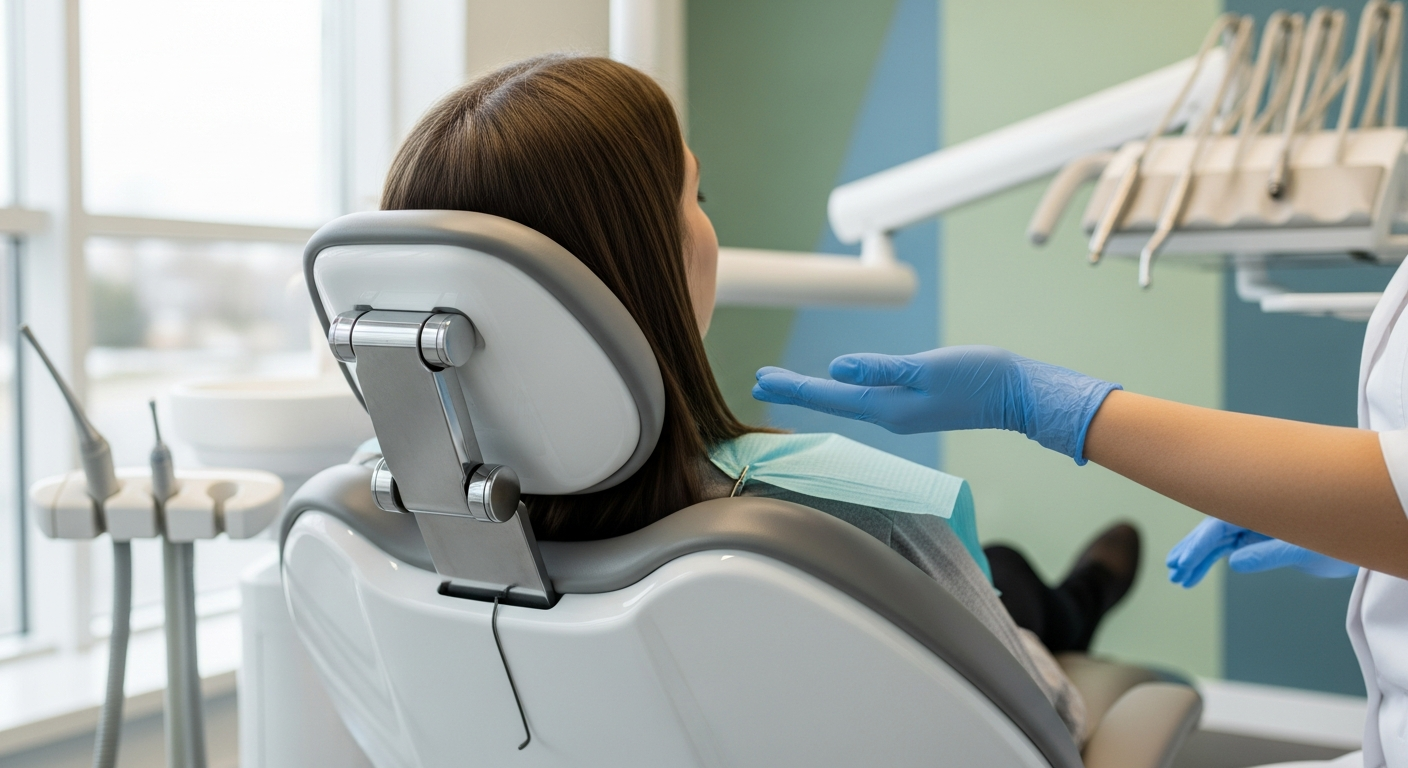

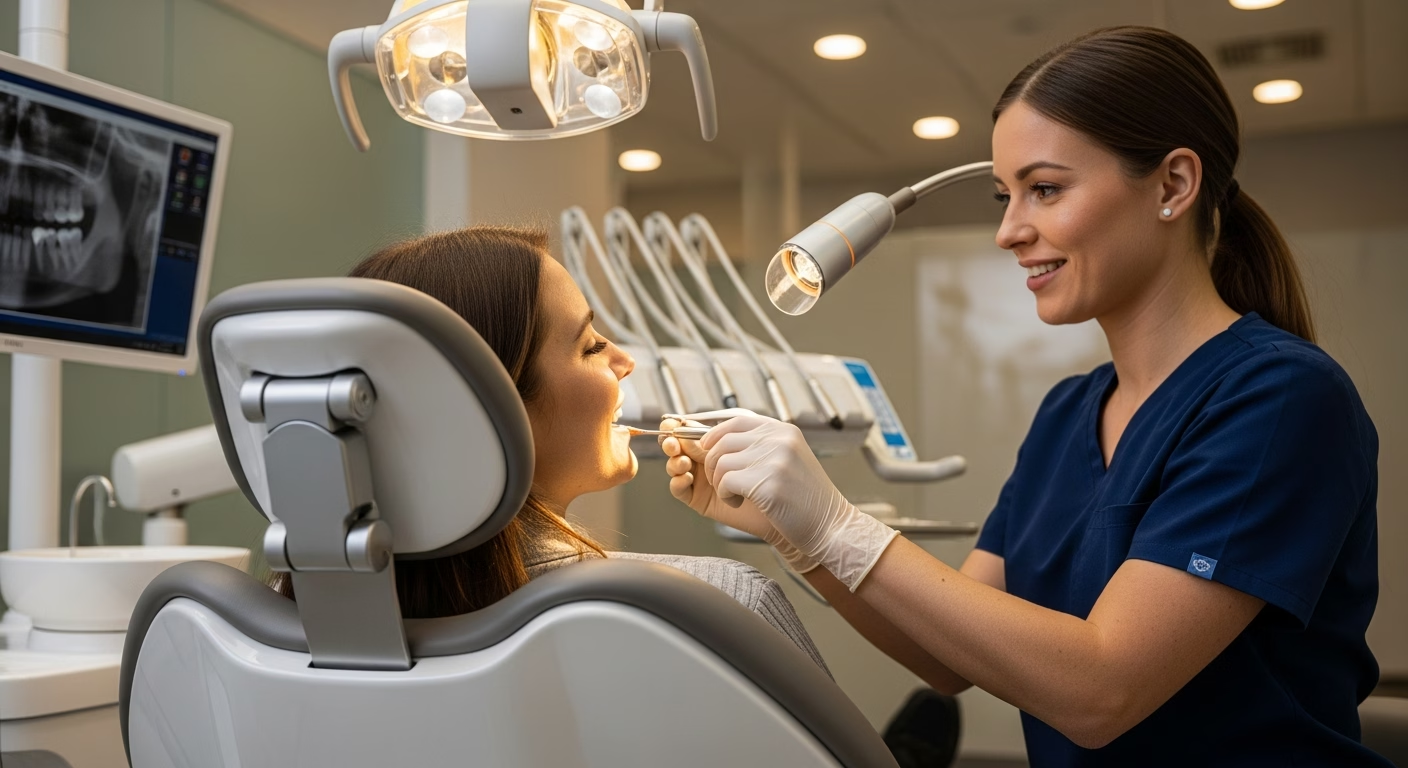
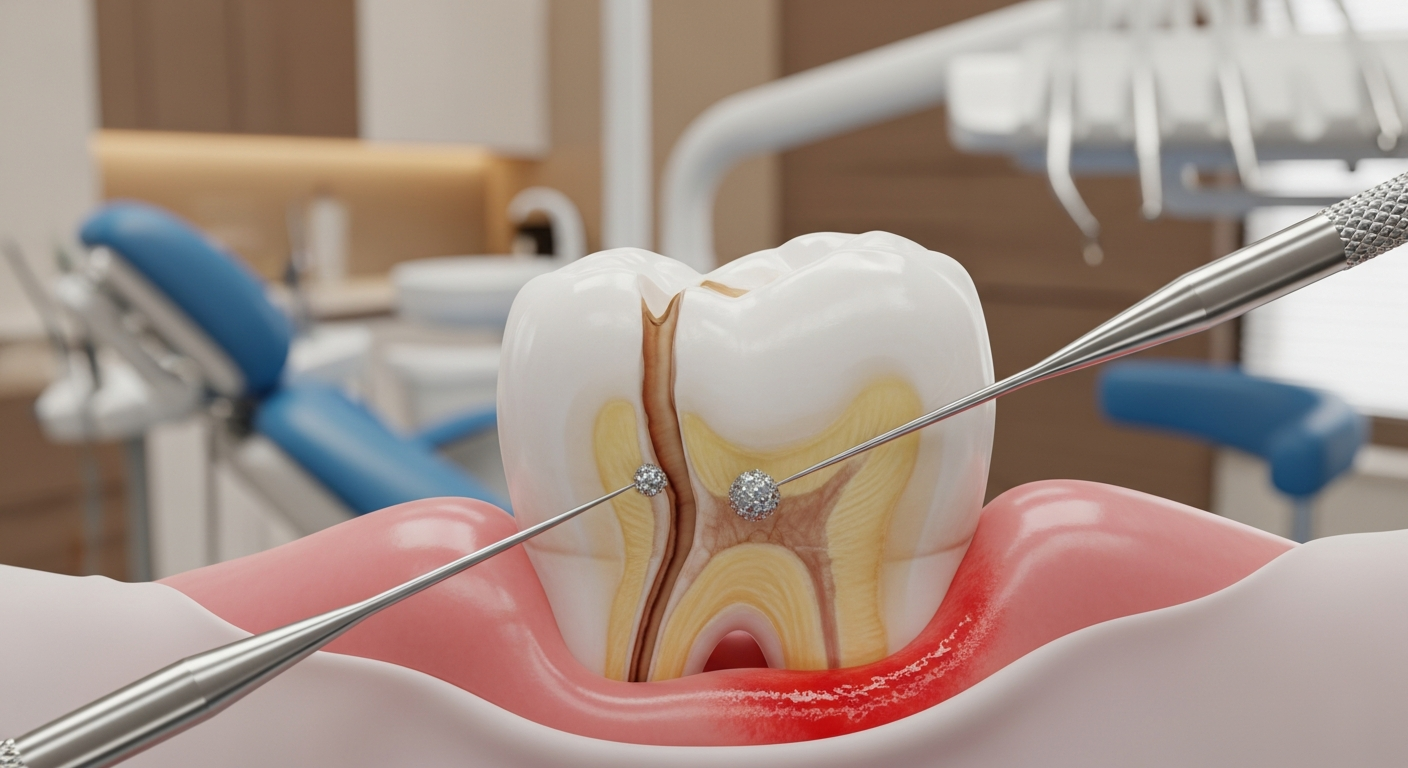




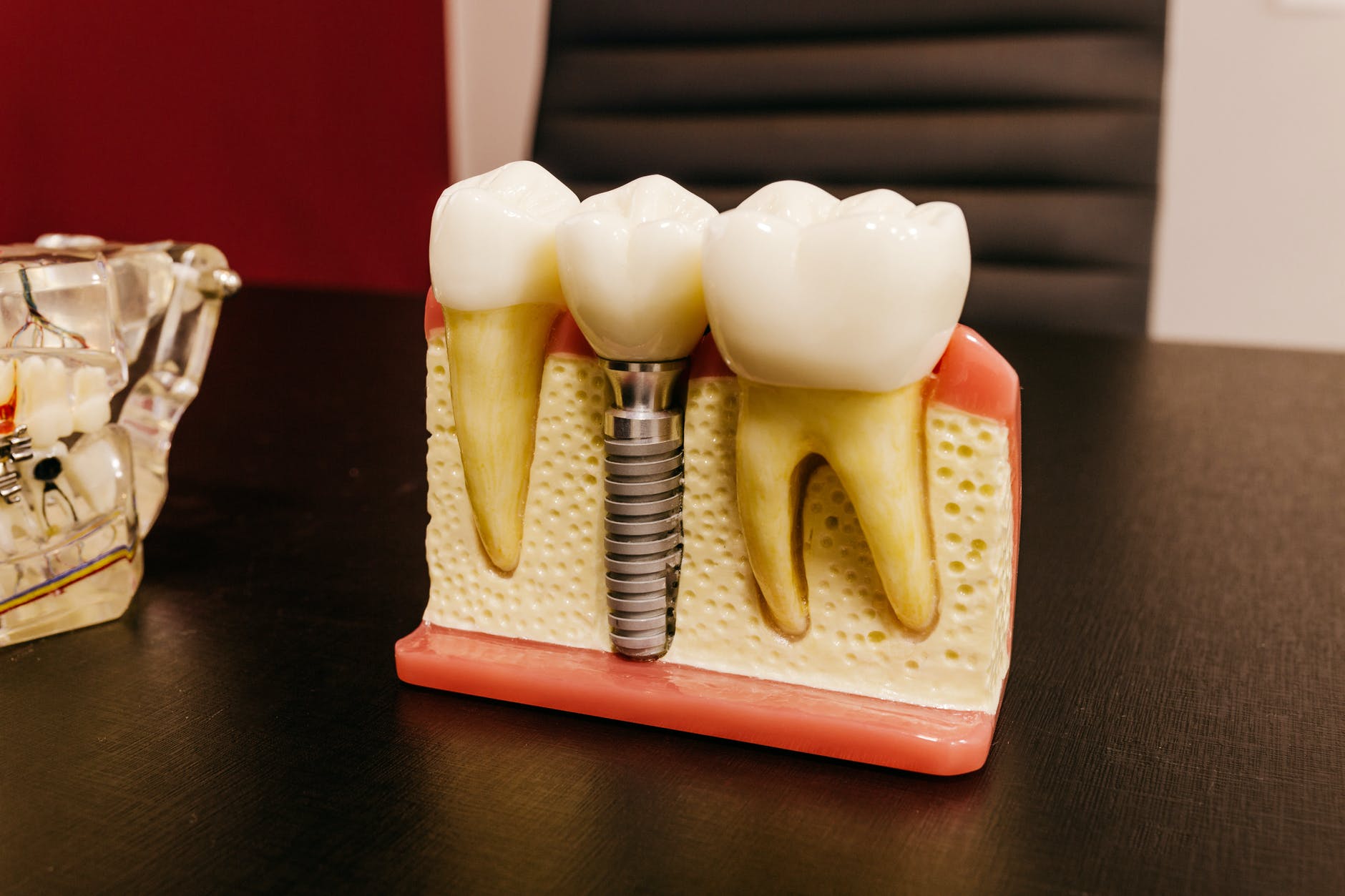


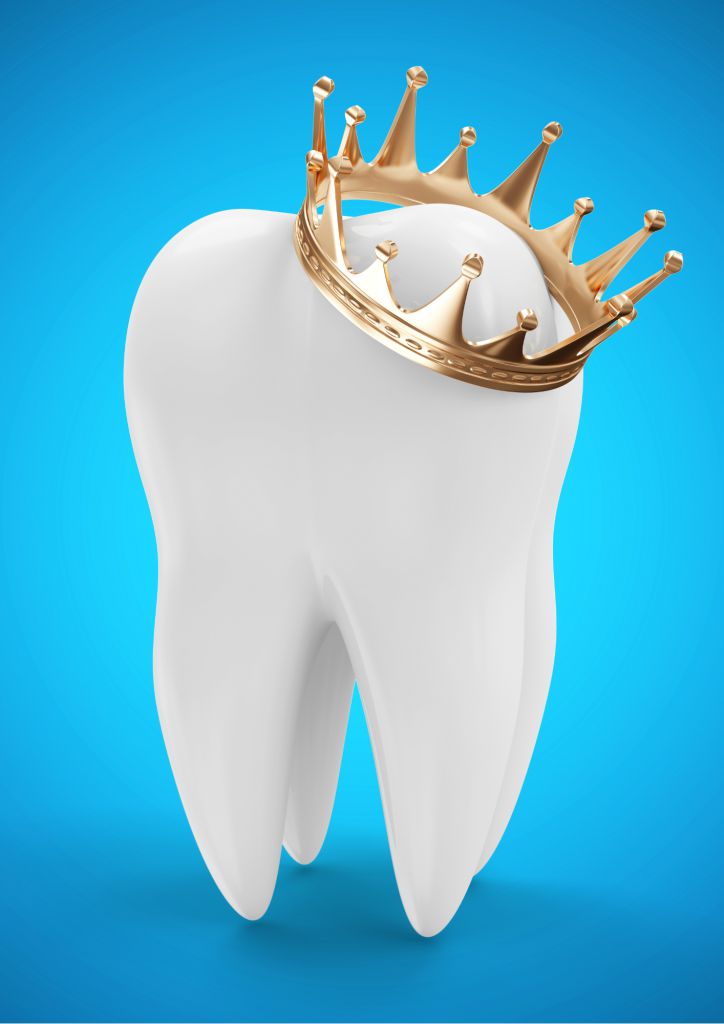



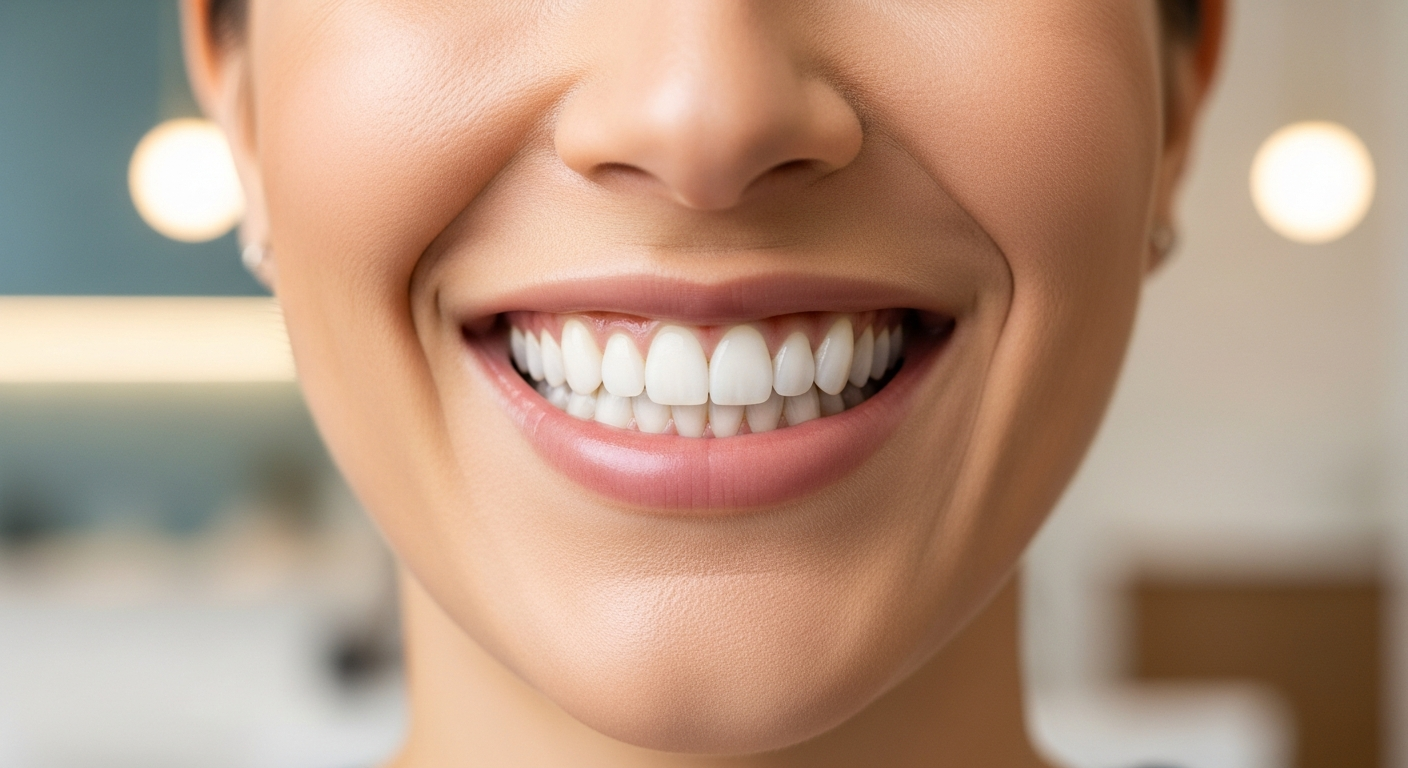



.avif)


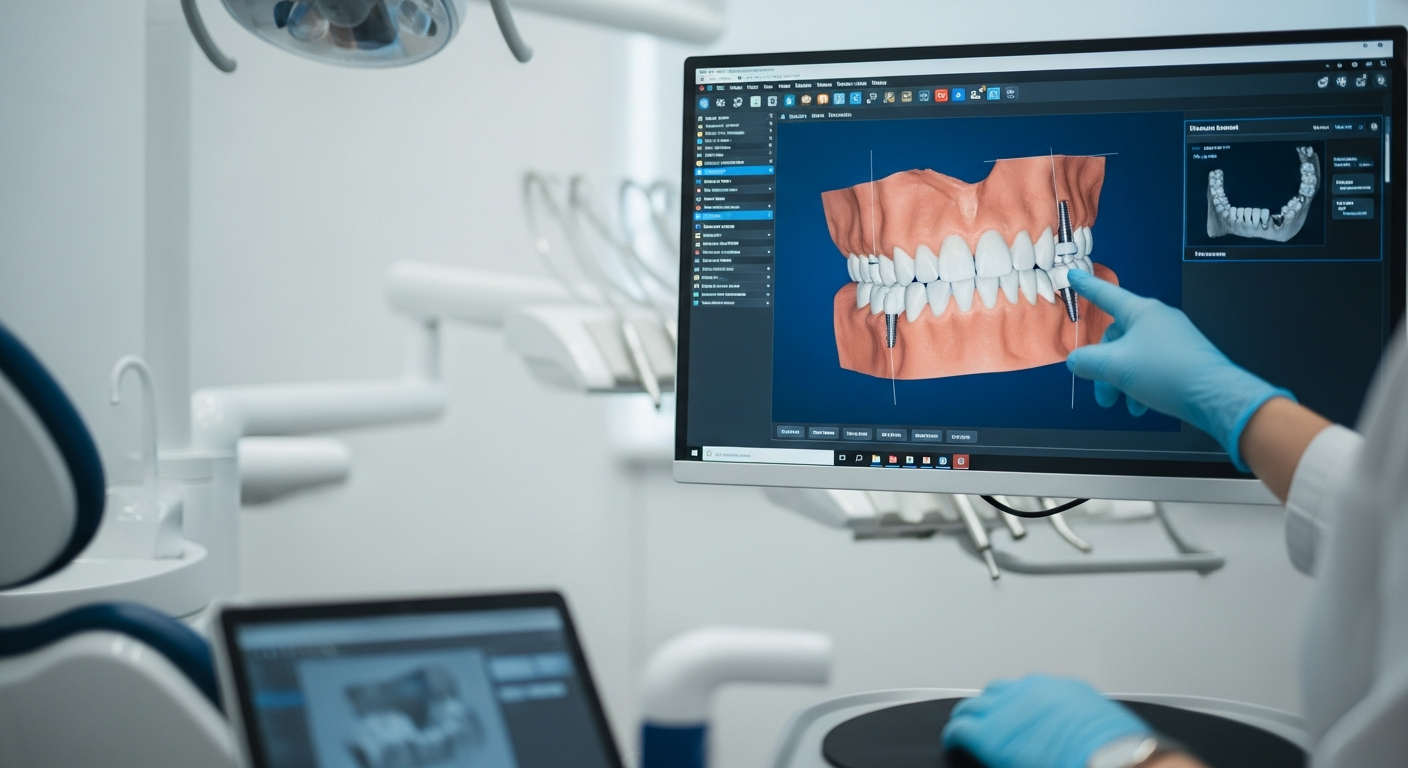

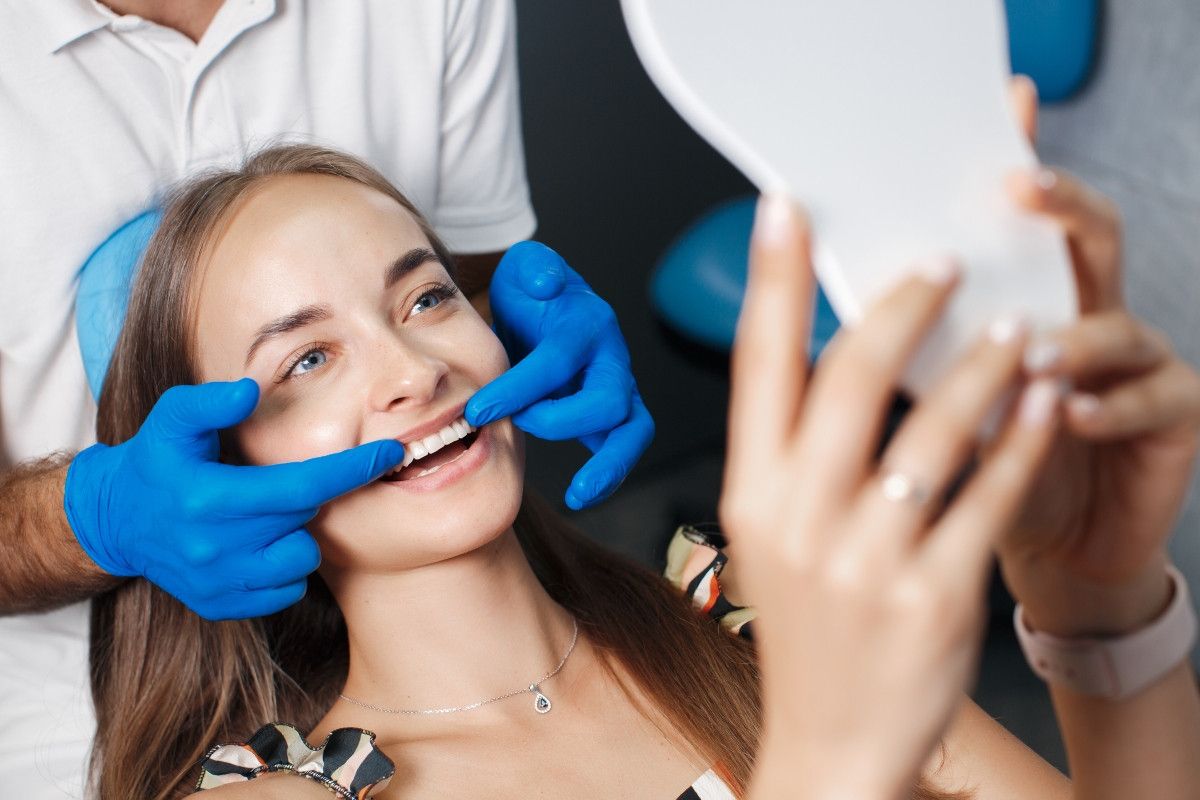

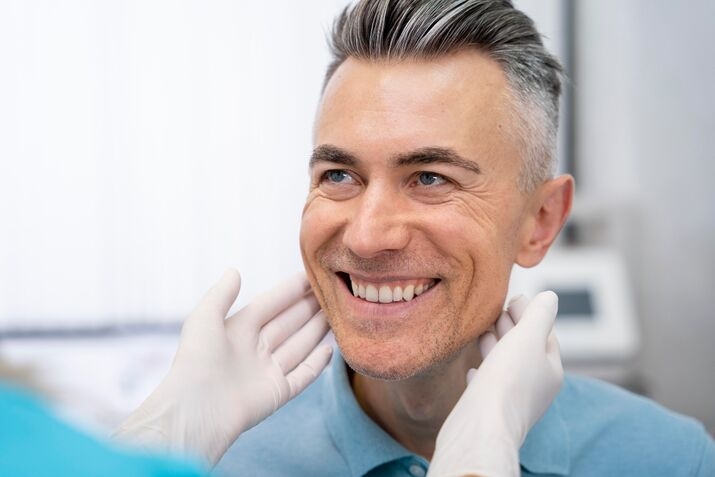
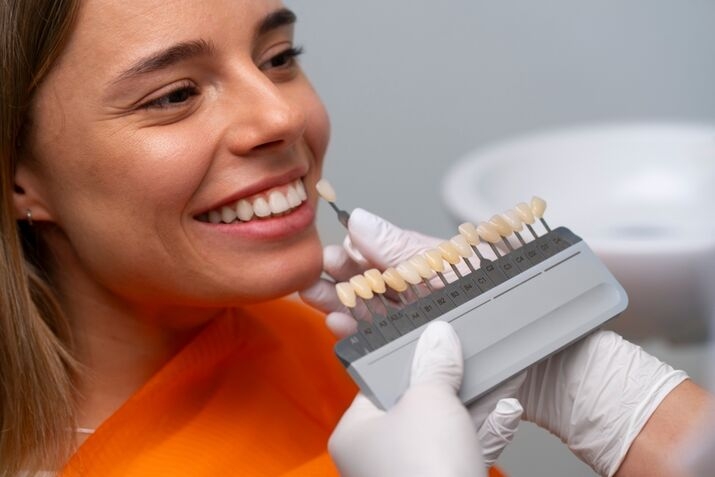
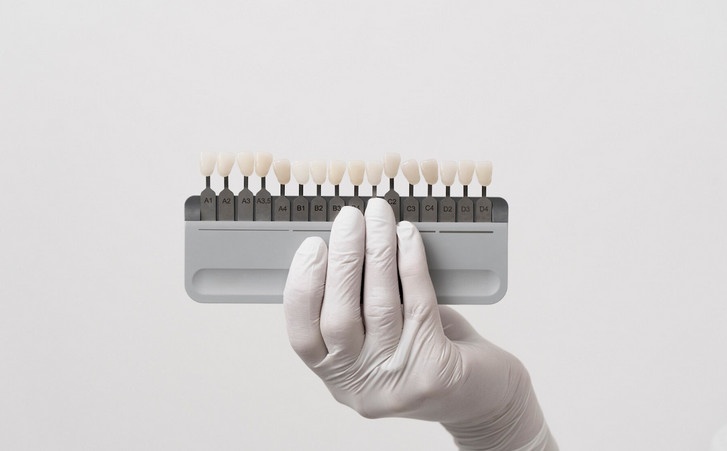

.jpg)


















.avif)


















.jpg)



